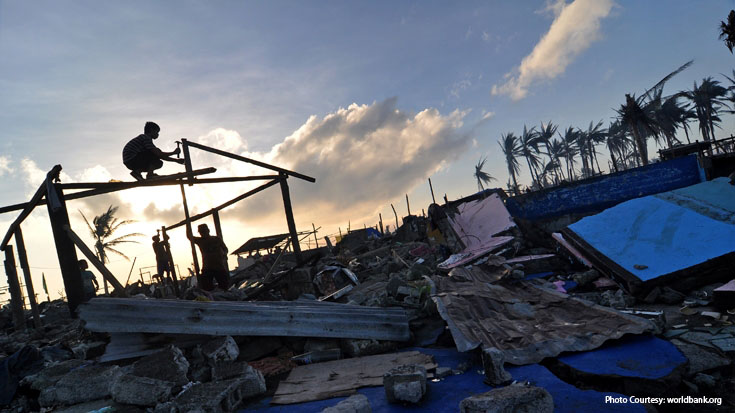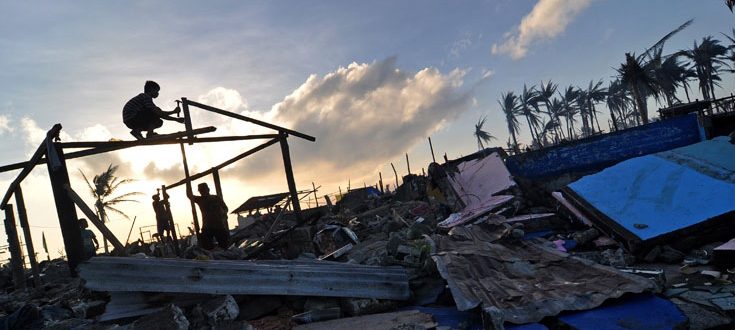Building Risk Profiles Helps Countries Recover Smoothly From Disasters
A paper by the Overseas Development Institute, Disasters and national economic resilience, highlights the need to smoothen recovery over time for high disaster risk countries.
Analysis of over 42 years of a group of developing countries across Sahel, East Africa and Asia shows short term recovery in first year (international aid and insurance policies) followed by economic slowdown three years later (aid withdrawal).
A good disaster risk policy considers factors like type of risk, frequency and impact on population and economy. Additional risk profiling based on historical evidence can help with funds allocation for managing disaster risks. Paper cites examples of multi risk Nepal (floods, epidemics, earthquakes etc) and conversely mono risk Chad, Mali (regular similar disaster – drought).
Presently International bodies group countries according to risks they face. This helps understands parallels in recovery processes. Examples –
-‘Small Island Developing States’ face greater disaster risk due to their small size, remoteness, narrow resources and export base. They have high exposure to external economic shocks and environmental challenges like climate change.
– ‘Landlocked developing countries’ face vulnerabilities from a lack of territorial access to the sea, isolation from world markets, as well as high transit and transportation costs.
Differences in risk must be taken into account in the national disaster management strategies. Profiling of risk should also include population vulnerabilities since these are not consistent across the developing world or even within a country over time.
By tailoring disaster risk reduction strategies, countries will be able to better bounce back from shocks and stresses, reduce their reliance on short-term humanitarian assistance and support a smooth recovery.
for reference –
The Overseas Development Institute (ODI) is the UK’s leading independent think tank on international development and humanitarian issues
SAHEL -Area in Africa between Sahara to North and Sudan region in the South
The 5th Global Platform for Disaster Risk Reduction bi-annual summit is to be held In May 2017 in Mexico. It aims to improve disaster risk reduction through better coordination among actors like governments, practitioners, scientists and NGOs. Its biggest challenge is to prioritize risk based on the varying vulnerabilities faced by individual countries.
Links : http://allafrica.com/stories/201702280525.html


